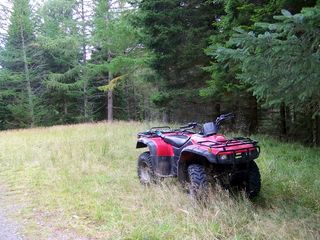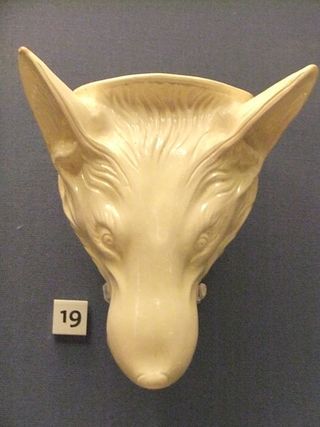Drink before you get thirsty, if you wait until after you're thirsty, you're already dehydrated.
Drink plenty of water before, during, and
after.
Take a container of water or
sports drink with you and try to drink at least every 15 to
20 minutes.
Wear light weight, light coloured clothing.
Avoid alcohol, colas, coffee and caffeinated drinks.
Stop working outdoors if you feel dizzy,
lightheaded, or very tired.
Worried about how your horse will cope in the heat ? Read Helping your horse to cope with the summertime heat
Image: http://www.pdpics.com/ licensed under the Creative Commons Attribution-Share Alike 3.0 Unported


